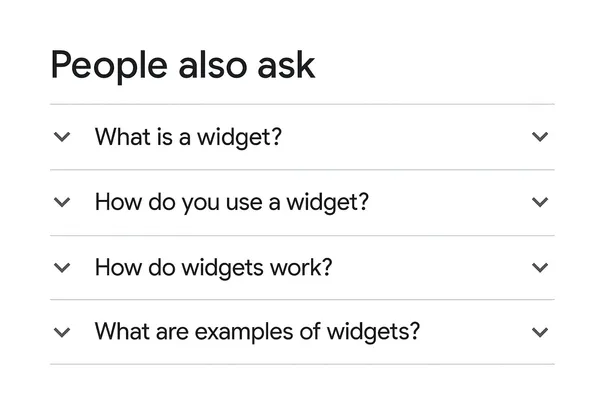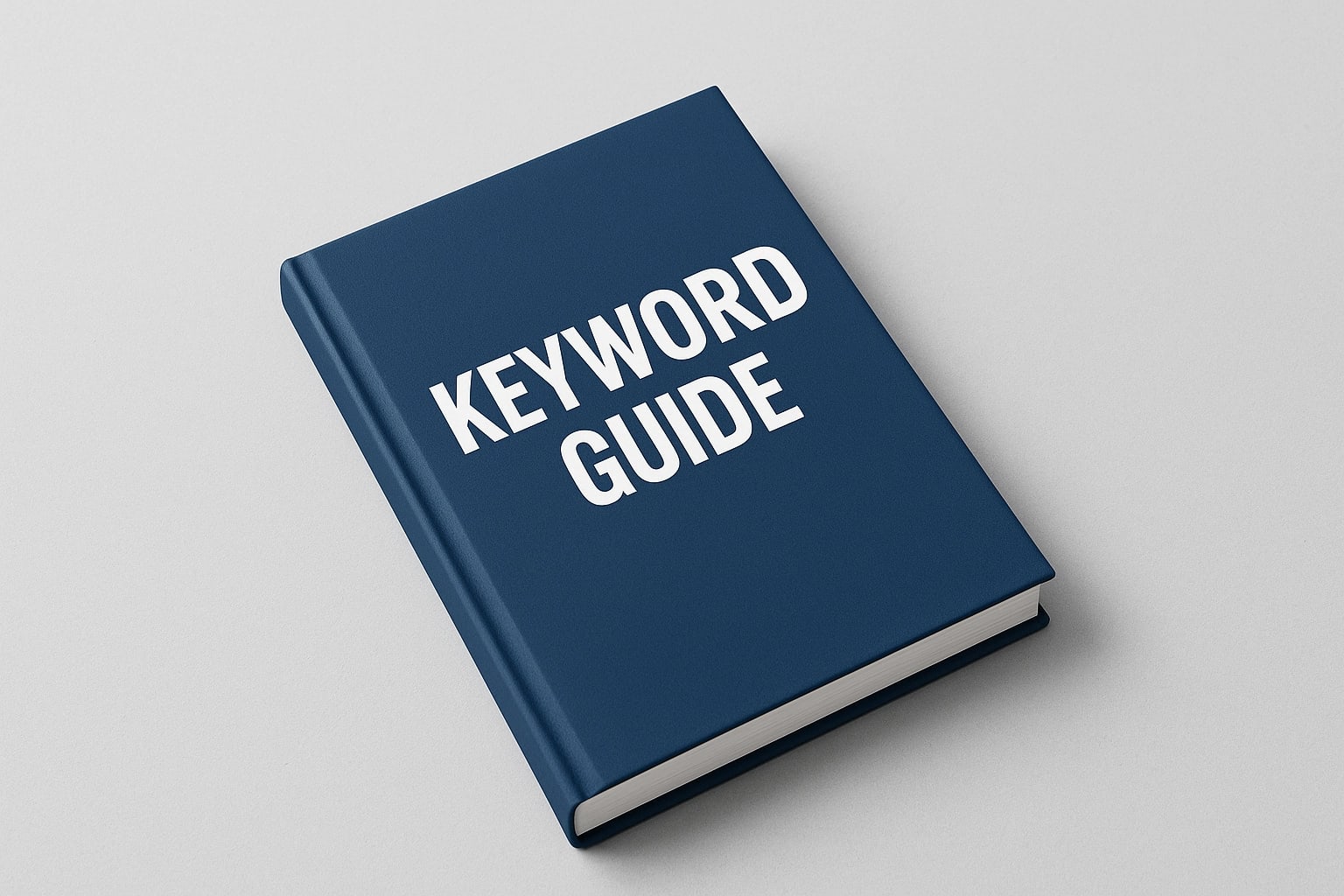
How to Optimize for People Also Ask (PAA) Questions 💡
A comprehensive guide to optimizing your content for Google's People Also Ask feature to increase visibility and drive traffic.
06/29/2025
🎉 Check out the official Plixu Chrome extension: Plixu AI SEO Helper

Search Engine Optimization (SEO) is the backbone of digital marketing strategies aimed at driving organic traffic to websites. Keywords, the linchpin of SEO, connect user queries with relevant content. Understanding the types of keywords and their effective usage is essential for creating content that ranks well on search engine results pages (SERPs).
Keywords are phrases or terms that users type into search engines to find information. They act as a bridge between what people search for and the content your website provides. By incorporating the right keywords into your content, you can align with search intent, improve visibility, and attract targeted audiences. Keywords are not just about individual words but the context and intent behind the search queries.
Understanding the types of keywords is crucial for tailoring your strategy to specific goals. Each type serves a unique purpose in attracting traffic and converting users. Below is an expanded look at the types of keywords and how to use them effectively.
Short-tail keywords (or head terms) are broad, generic phrases of one to three words. They have high search volume and broad appeal but also significant competition.
These are more specific phrases, typically three or more words, that target niche queries. They are effective in capturing users who know exactly what they’re looking for.
These keywords include your company’s name, product names, or other brand-specific terms. They are critical for brand recognition.
These are general terms not tied to a specific brand, essential for attracting audiences unfamiliar with your business.
These keywords focus on specific locations and are essential for local businesses.
Looking to optimize your website for better performance and rankings? Try Plixu AI, the ultimate SEO audit tool powered by artificial intelligence. Get actionable insights in seconds!
Run A Free AI SEO Audit NowLSI keywords are terms semantically related to your primary keyword, providing context and improving relevance.
These keywords indicate a user’s intent to make a purchase and are vital for driving conversions.
These keywords cater to users seeking knowledge or solutions. They are less about direct sales and more about building authority.
These are terms your competitors rank for, offering opportunities to capture market share.
These keywords are relevant during specific times of the year or for particular events.
Take your SEO strategy to the next level with Plixu. Our free AI SEO audit tool provides actionable insights to help you:
Visit Plixu today and discover how our advanced AI-driven platform can transform your website into a search engine magnet.
Keywords are the cornerstone of SEO success. By understanding the different types and using them strategically, you can create content that meets user needs, ranks higher, and drives organic growth. Leveraging the right keywords ensures your website remains visible and competitive in an ever-evolving digital landscape.
How many keywords should I target per page? There isn’t a set number. Instead, focus on creating high-quality content that naturally incorporates relevant keywords in headings, meta descriptions, and the body.
Can I use the same keyword for multiple pages? It’s not recommended, as it can cause your own pages to compete against each other (keyword cannibalization) and dilute ranking potential. Focus on variations or related keywords for each page.
Are there any tools that can help me with keyword research? Yes, popular options include Google Keyword Planner, SEMrush, and Moz’s Keyword Explorer. Using a combination of tools is recommended.
How often should I update my targeted keywords? It’s good practice to review and update keywords at least every few months to stay current with search trends and algorithm changes.
Can I use only long-tail keywords for my strategy? While long-tail keywords are valuable, it’s important to target a mix of different keyword types to capture a wider range of search queries and audiences.
Should I prioritize high-volume or low-competition keywords? It’s best to find a balance. High-volume keywords offer more traffic potential but have more competition, while low-competition keywords are easier to rank for but may not drive as much traffic.
👉 So why wait? Get started today with Plixu!
Try a free AI SEO Analysis
A comprehensive guide to optimizing your content for Google's People Also Ask feature to increase visibility and drive traffic.
06/29/2025

We are officially launching the Plixu AI SEO Helper Chrome Extension. Learn how this tool can help you optimize your website for search engines.
10/17/2024